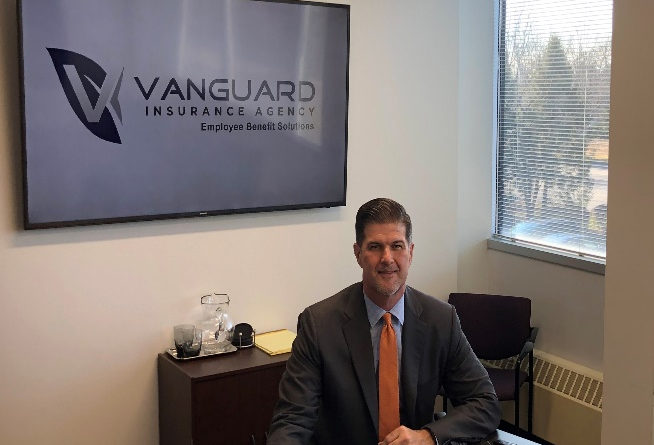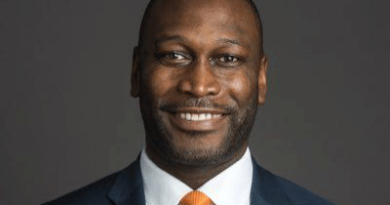Health Insurance Responsibilities for Furloughed Employees
BY ED PROBST
New York’s unemployment claims skyrocketed to over 1.4 million people in April as employers continued to furlough employees amidst the COVID-19 crisis. With New York State still under a pause by order of Governor Andrew Cuomo, many businesses are closed and the light at the end of the tunnel seems distant at best.
Many business owners are weighing how to stay afloat and hold on to their employees as they remain closed. Employers have asked what they should consider when contemplating whether to provide Health Insurance while employees are furloughed. This is certainly a complex issue that touches many legal requirements governed by the Affordable Care Act, ERISA, and HIPAA.
First, employers should check their ERISA plan documents and consult with their attorney to determine what their “Actively at Work” clauses permit them to do. Most insurance carriers have relaxed their guidelines and will allow employers to keep their employees on group health plans at least for the immediate future.
However, if their plan documents do not allow for employees to be covered while not actively at work, they may have to amend them in order to comply with ERISA.
To add further complexity, the Affordable Care Act may require large employers (50 or more employees) to continue offering affordable coverage to furloughed employees if they are in the stability period of tracking. Another thing to consider is that a reduction in hours could lead to a future loss of eligibility in the next stability period.
Small employers (under 50 employees) are not required to offer or pay for coverage, therefore are not required to keep furloughed employee’s on health insurance.
Employers that elect to terminate their employees from their group policies must do so in adherence with COBRA regulations if they have 20 or more employees or NY Mini COBRA, which applies to all businesses including those with less than 20 employees.
Both require that an employer provide proper notice and allow 60 days for an employee to make their elections. Many small employers have chosen to continue their employees on their group policies if allowable until they receive more clarification on how long they will have to keep these employees on furlough. This may be a more simplified approach than the COBRA alternative due to required notices and administrative burdens.
Employers that decide to keep their employees on group coverage while on furlough will need to decide if they will pay their normal contribution and, if so, how they will collect any premiums owed from employees. It is permissible for premiums to be billed to employees on a frequency as often as their current payroll deduction cycles.
When collecting premiums employers should extend at least the same 30-day grace period as required by COBRA before terminating policies for non-payment. Alternatively, employers can elect to make catch-up deductions when the employees return to work, which could then preserve the pre-tax status under Section 125.
The Department of Financial Services recently enacted Regulation 62 requiring that health insurance carriers extend their premium grace periods to the later of the current grace period or 11:59 p.m. on June 1 for businesses that claim hardship due to COVID-19.
It is important that employers communicate this to their insurance carriers, as this is not an automatic extension in many cases. Most large group insurance plans are taking these considerations on a case-by-case basis as large group employers (100 or more employees) are not required to comply with Regulation 62.
I am completely in awe of the resilience that is being exemplified by so many businesses and nonprofits. In the most challenging of times, we have seen nothing but fight and have witnessed so many that have resourcefully found creative ways to serve the community and stay in business.
In many of our conversations with clients, they have expressed positive outlooks and a true care for their employees. Many of them are hoping that the extension of the Grace Period and the receipt of PPP Loan proceeds will allow them to keep their employees on payroll and health insurance until they are able to resume normal business operations. I salute you all, and I’m certainly praying that comes sooner than later.
Ed Probst is president of Vanguard Insurance Agency and president of the Bayside Business Association.




